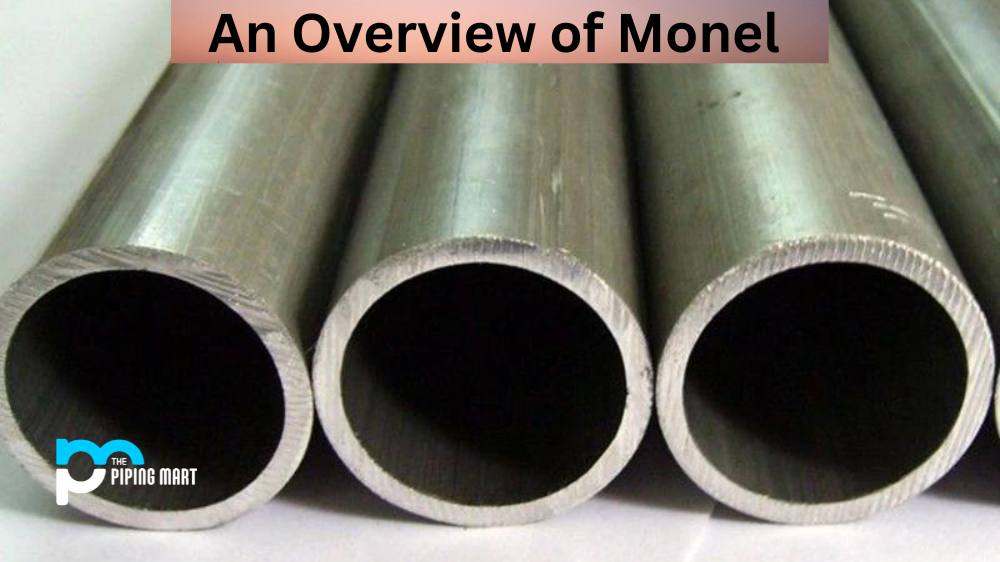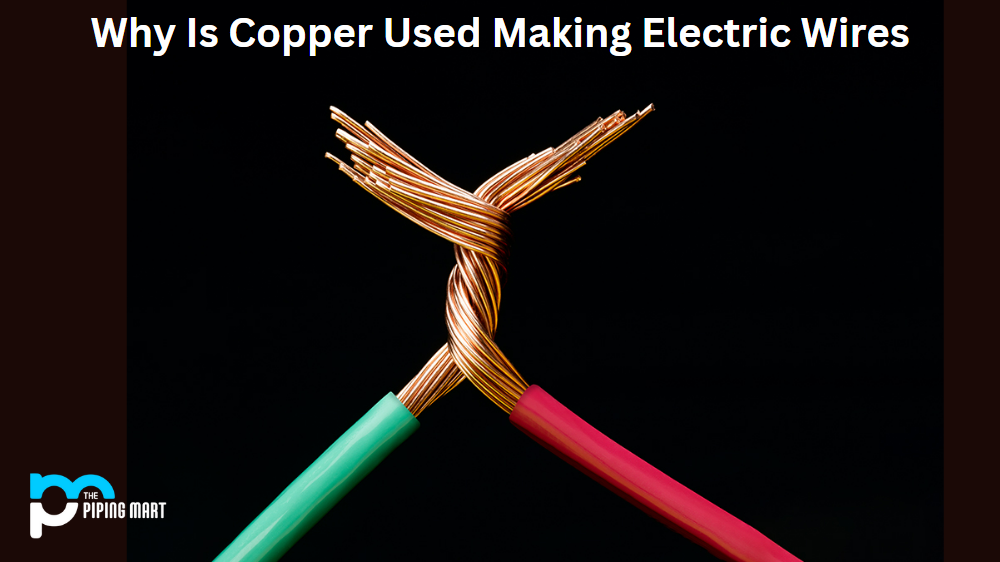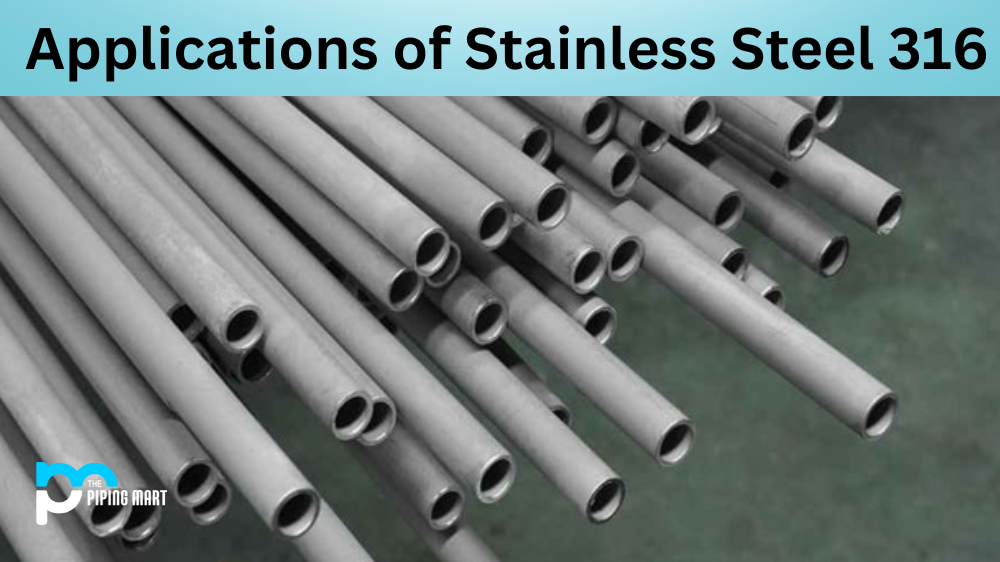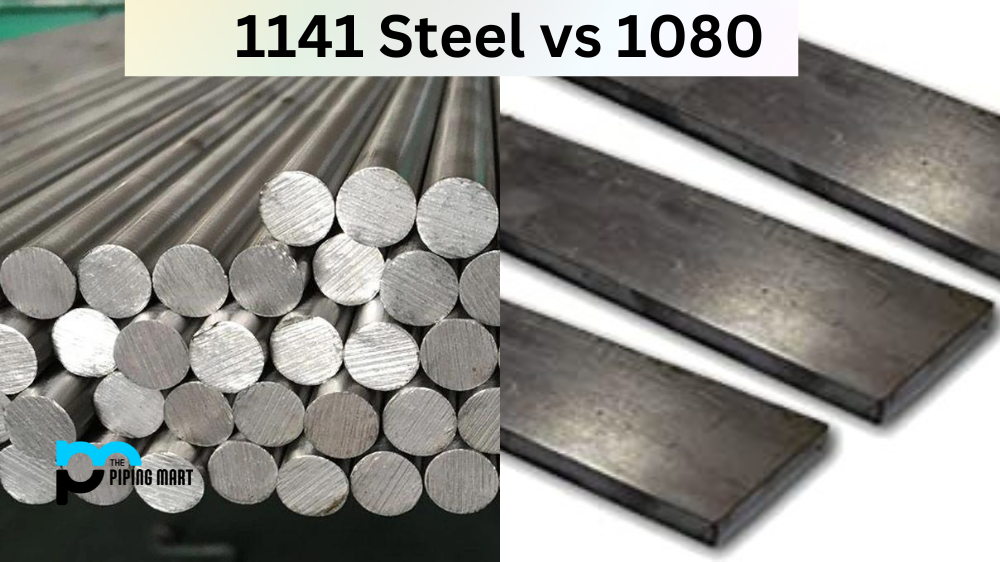Monel is an alloy of nickel and copper. It is a versatile metal that has many applications, from industrial to decorative. Monel can be used for cladding, coating, and casting, among other purposes. In this blog post, we will explore the differences between monel cladding, coating, and casting so you can make an informed decision about which one to use for your project.
Monel Cladding
Monel cladding is the process of applying a thin layer of the alloy onto a surface using mechanical or chemical processes. Cladding provides a protective layer against corrosion and wears on the underlying material while also improving the look of the surface by giving it a glossy finish. Cladding is often used in industrial applications such as pipes and tanks, where it helps prevent wear caused by abrasion or corrosion due to environmental conditions.
- Monel is a nickel-copper alloy that is resistant to corrosion in seawater.
- Monel is often used for cladding or the outer layer of a building.
- Monel cladding can be used on both new construction and retrofit projects.
- Monel cladding is available in a variety of colors, including white, gray, and black.
- Monel cladding is typically more expensive than other types of cladding, such as aluminum or stainless steel.
Monel Coating
Monel coating is similar to cladding but involves applying a thicker layer of the metal alloy onto surfaces for extra protection. The coating process involves spraying or brushing on molten monel alloy, which then hardens and bonds with the substrate material. This creates a tough and durable barrier against corrosion, wear, and other external factors that could otherwise damage surfaces over time. Monel coatings are often used in areas where there are high levels of humidity or moisture present, as they help protect surfaces from corrosion due to these conditions.
- Monel is a trademarked name for an alloy of two different metals: nickel and copper.
- Monel coatings are applied to metal surfaces in order to protect them from corrosion.
- Monel coatings are typically applied to surfaces that will be exposed to salt water or other corrosive environments.
- Monel coatings can also be applied to surfaces that will be exposed to high temperatures.
- Monel coatings are available in a variety of colors, including black, white, and green.
Monel Casting
Casting is when molten monel alloy is poured into a mold to form specific shapes and sizes for various uses. This process allows for the exact replication of components like machine parts with precise dimensions that can’t be achieved with other manufacturing methods. The molds are made out of sand or plaster mixtures so that they can easily be removed after cooling down without causing any damage to the part itself. Monel castings are often used in machine components because of their strength, durability, and resistance to corrosion in harsh environments like those often found in industrial settings.
- Monel is an alloy that is made up of nickel and copper.
- Monel has a number of benefits that make it ideal for use in casting.
- Monel is resistant to corrosion, which makes it ideal for use in environments where there is a lot of moisture or salt water.
- Monel is also resistant to high temperatures, making it ideal for use in casting applications where the metal will be exposed to high temperatures.
- Monel is also relatively easy to cast, making it a good choice for applications where precision is not as important.
Conclusion:
In conclusion, monel is an incredibly versatile metal alloy that can be used for all sorts of applications, from industrial components to decorative finishes on surfaces, thanks to its strength and resistance to corrosion. Monel cladding creates a thin protective layer against wear, while monel coating adds an extra level of protection with its thicker layer application process making it great for use in humid or wet areas where corrosion may occur quickly without it being present. Finally, monel casting creates precise replication parts with exact dimensions needed for complex machine components that would otherwise not be possible without this type of manufacturing method. Hopefully, this blog post has given you some insight into what makes monel such an important component in many industries today!
Sakshee is a talented blogger, with a particular focus on the Business and Metal Industry. She is passionate about sharing her insights on various metal products and helping professionals to make a better decisions.




